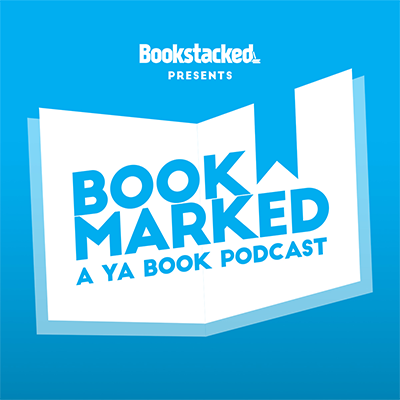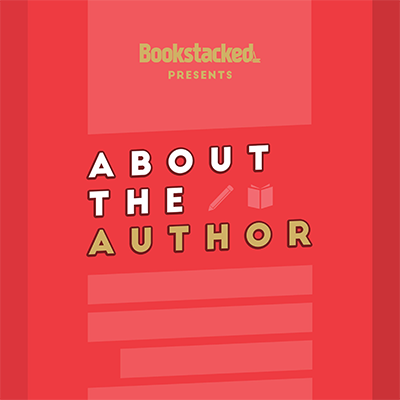As 2020 (finally!) started to come to a close, I found myself itching for one final project. I knew I would have two weeks off for the holidays, and I wanted to use that time to attempt something big. Something that had real potential for failure. I decided to attempt to read 30 books in 30 days.
I liked the way it sounded, reading one book a day. And honestly, I wanted to see if I could do it. I mean, I do truly love to read, so I figured it wouldn’t be too hard, especially considering that this holiday was shaping up to be a lot quieter than usual.
So on December 1st, I started my first book of the month, and now, looking back from the safety of 2021, I am very proud to announce … I failed.
I only ended up reading 12 books (4 of which were audiobooks), and while I still think that is very impressive, it wasn’t even halfway to where I wanted to be.
But I am okay with that.
If you are anything like me, then you know that anxious feeling that creeps up every year as New Year’s Eve approaches. You look at your reading goals and realize that you are more than a few books away from that lofty target you set a year ago.
So you race through, so determined to cross that finish line that you sometimes lose sight of the fact that you are no longer enjoying what you are reading.
I have said it before and I will keep saying it (mostly because I need the advice more than anyone): reading is meant to be fun! And if you are whipping through every and any book you can find, chances are, you probably aren’t enjoying the experience.
And that is exactly what happened to me. I came to a point in this challenge where I realized I could speed through my pile of books or I could take my time and enjoy the process. I decided to go with the latter, and for that realization alone, I don’t think this project was a failure at all.
So, as we say goodbye to 2020 and hello to 2021(!), here are some tips I have for setting your own yearly reading goals.
Choose your books wisely
It is a lot easier to read books you enjoy.
It is a lot easier to read books you enjoy. That doesn’t mean you shouldn’t challenge yourself, it just means that you should leave room for some books to move a bit slower than others.
I personally like to trade off. I will read a fun romance and then read a heavier fantasy and then maybe read a nonfiction book about something I don’t know much about, before going back to romance. It keeps things interesting and the amount of time each book takes averages out in the end.
It’s also good to remember that there is a reason that book is still sitting on your shelf. The end of the year is a great time to take a look at your TBR pile and comb through it ruthlessly.
The books you didn’t read last year, are not going to suddenly look better when the clock strikes midnight. Be honest with yourself and give those ones away. No bookshelf is endless (though how awesome would that be!), so think of it as making room for new books.
Audiobooks totally count
One of the best days of my reading life was the day I learned that I could get audiobooks from my library and listen to them on my phone. But as much as I have enjoyed having this option, I have always felt a bit weird about counting them in my reading challenges.
The truth is, that audiobooks are books. You have gained the knowledge and experienced the story, so it is 100% okay to include them in the list of books you have read this year.
If you are new to audiobooks but want to give them a try, my advice is to experiment with genre. I wasn’t someone who loved reading non-fiction, but now I am constantly listening to memoirs. Hearing someone tell their story, in their own words, with their own voice, gives me so much more than I would have gotten off the page.
Work with the page count
Just like with type of book, it can be helpful to mix it up with page count. After spending a week on a 450-page book, I like to spend the weekend cruising through something shorter.
It makes me feel like I am on track for my goal and keeps me motivated. Reading nothing but seemingly endless, physically heavy books can be draining.
Short story collections can be great for this as well. With this challenge specifically, I read a short story every morning, which helped me add another book to my tally without having to get through it in one go. It also allowed me to appreciate each story as its own complete piece.
Find that sweet spot
So, how do you pick that number then? Well, I think it’s about finding your personal sweet spot. You want something that will feel like a challenge, something that will push you and keep you reading, but not something that will make you feel discouraged.
There is nothing worse than getting to the summer and having Goodreads tell you that you are hopelessly behind. In my experience that does not motivate you to keep reading, it only encourages you to give up.
Pick something that feels just slightly out of reach, and remember that you can always change it if it’s not working for you.
Warning: the danger of friends
Whatever you do, do NOT compare your goal to others. I know that for some people, a book a day for a month would be nothing, while for others, the idea of reading 12 books in even a year feels like a huge reach. Set the goal that works for you.
Allow yourself to fail
It’s a target, not a finish line.
Whatever your reading goal for 2021 might be, remember, it’s a target, not a finish line. Whether you blow through and read double what you meant to, or you just barely make it to that final number, or you even come up short, it is all good.
Setting a reading goal is about making a commitment to yourself to spend at least part of this year enjoying the comfort of a good book. You are giving yourself a gift, not adding another stressful project to your to do list. Remember to enjoy it for whatever it turns out to be and you will be just fine.
Happy reading everyone!









Bookstacked Comment Policy
We welcome respectful comments. Our only rule is to be kind. Rude, hateful and generally mean-spirited comments will be removed.